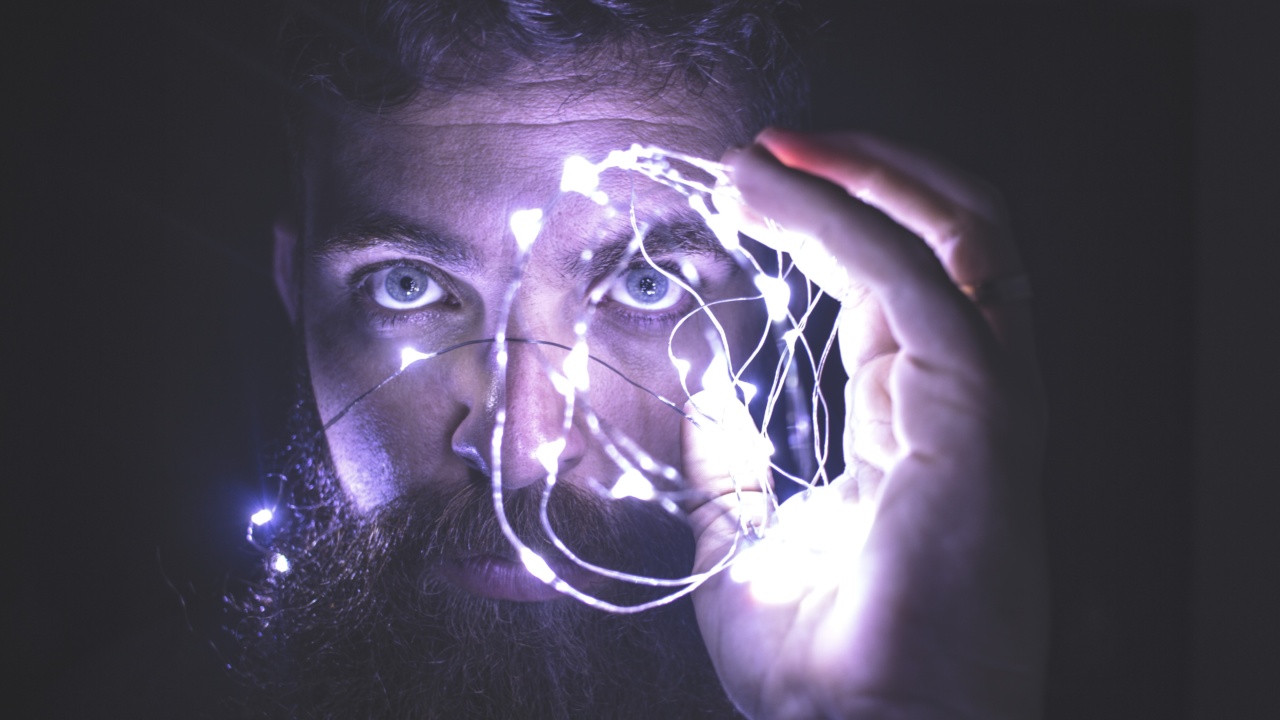The human brain is one of the most complex and powerful organs in the body. It is responsible for controlling every function of the body, including the emotions, thoughts, and behaviors.
However, the brain also needs rest to restore its energy levels, repair any damage, and prepare for the next day. When we sleep, our brains undergo various processes that help us consolidate memories, process information, and regulate our emotions.
However, the human brain has its limits when it comes to staying up late, and after midnight, it starts shutting down, leading to various consequences.
What Happens to the Brain After Midnight?
A lot of people experience difficulty falling asleep at night, even when they feel tired. This is because the brain has a natural sleep-wake cycle, also known as the circadian rhythm, that regulates the body’s sleep and waking hours.
This rhythm is controlled by a group of cells in the brain called the suprachiasmatic nucleus (SCN), which receives information from the eyes and signals the release of hormones that help us fall asleep.
However, as the night wears on, the brain’s ability to produce enough sleep hormones begins to decrease, leading to difficulty falling and staying asleep.
When the brain doesn’t get enough sleep, it can start shutting down, leading to various consequences such as:.
Memory Loss and Impaired Cognitive Function
When you don’t get enough sleep, the brain has difficulty consolidating and retrieving memories, leading to forgetfulness and memory lapses.
This can also affect your cognitive function, slowing down your reaction time, reducing your alertness, and impairing your decision-making abilities. In addition, sleep-deprived people may also experience microsleeps, brief periods of sleep that last only a few seconds but can be dangerous when driving or operating machinery.
Increased Risk of Mental Health Disorders
The lack of sleep can also affect your mental health, leading to mood swings, irritability, and depression. Studies have shown that sleep deprivation can increase the risk of developing mental health disorders such as anxiety and depression.
In addition, people with mental health disorders may experience difficulty sleeping, leading to a vicious cycle of poor sleep and worsening mental health.
Increased Risk of Obesity and Diabetes
The brain also regulates the body’s metabolism, and when you don’t get enough sleep, your body may produce more hunger hormones, leading to overeating and obesity.
In addition, sleep deprivation can affect the body’s ability to regulate blood sugar, which can increase the risk of developing type 2 diabetes.
Negative Impact on Physical Health
The brain also regulates the body’s immune system, and when you don’t get enough sleep, your immunity may be compromised, leading to a higher risk of infections and illnesses.
In addition, sleep deprivation can also affect the body’s natural healing and repair processes, leading to slower recovery after injuries or illnesses.
Increased Risk of Accidents and Injuries
The lack of sleep can also affect your coordination, reaction time, and judgment, leading to an increased risk of accidents and injuries.
This can be especially dangerous for people who work in jobs that require high levels of concentration or physical activity.
How to Improve Your Sleep Quality
If you experience difficulty sleeping, there are various techniques you can try to improve your sleep quality, such as:.
- Establishing a regular sleep routine
- Avoiding caffeine, alcohol, and nicotine before bedtime
- Creating a sleep-friendly environment
- Winding down before bedtime with relaxing activities like reading or meditation
- Exercising regularly but avoiding intense exercise close to bedtime
The Bottom Line
The human brain is a powerful organ that requires rest to function at its best.
When we don’t get enough sleep, the brain can start shutting down, leading to various consequences such as memory loss, impaired cognitive function, increased risk of mental health disorders, obesity, and accidents. By improving our sleep quality, we can protect our brain and overall health, and live a happier and healthier life.































